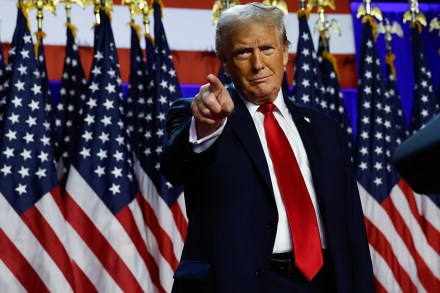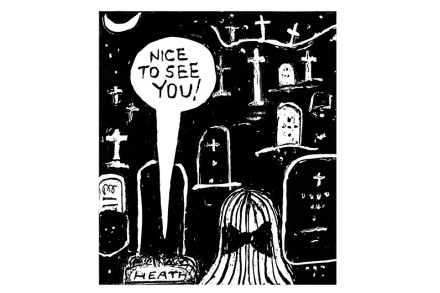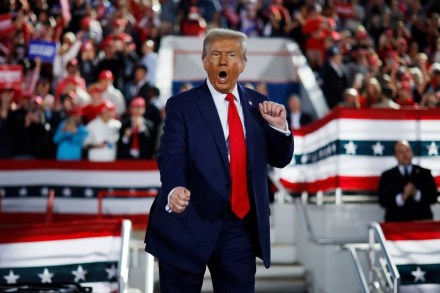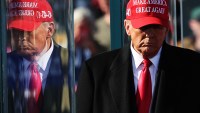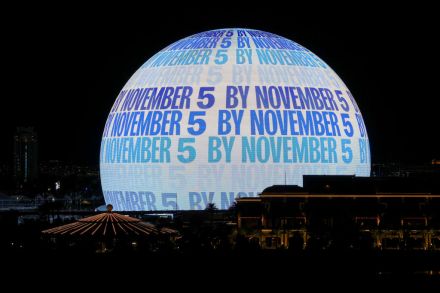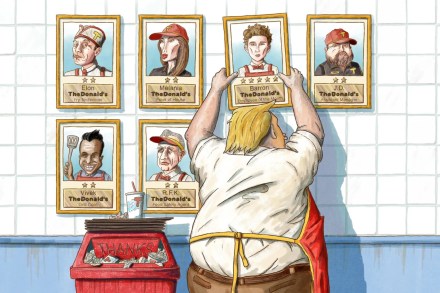How to process your Trump trauma (with orange soup)
It’s amazing how many people have responded to what they think of as the shattering catastrophe of Donald Trump’s victory by crafting: making rag rugs, ceramic pots, knitting scarves. A woman I know from long ago is so traumatised that she has started quilting. I’m not sure what sort of quilt she’s making – a patchwork of Harris/Walz ballot papers, maybe – but I know better than to make a light-hearted enquiry because this is not an ordinary quilt. It is a recovery quilt and part of the healing process. The most popular flavour of post-Trump soup seems to be spiced pumpkin Many unhappy Democrat women have announced that they
